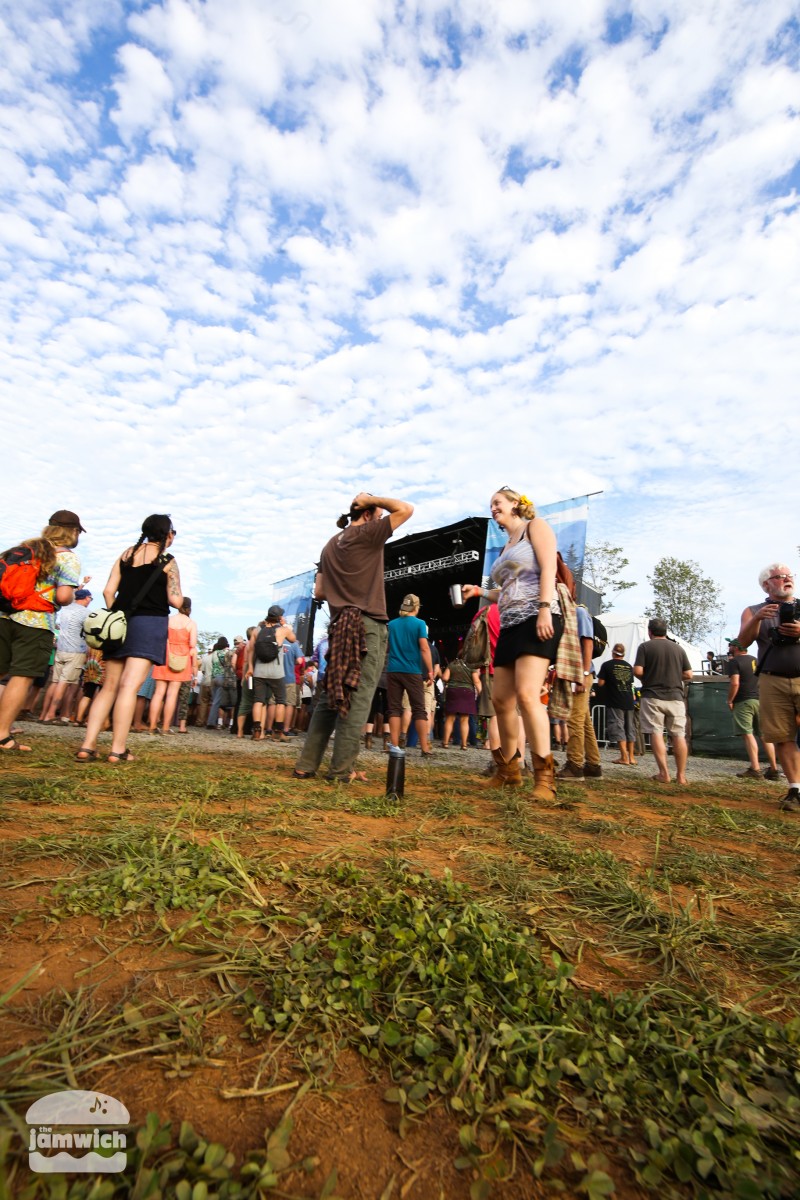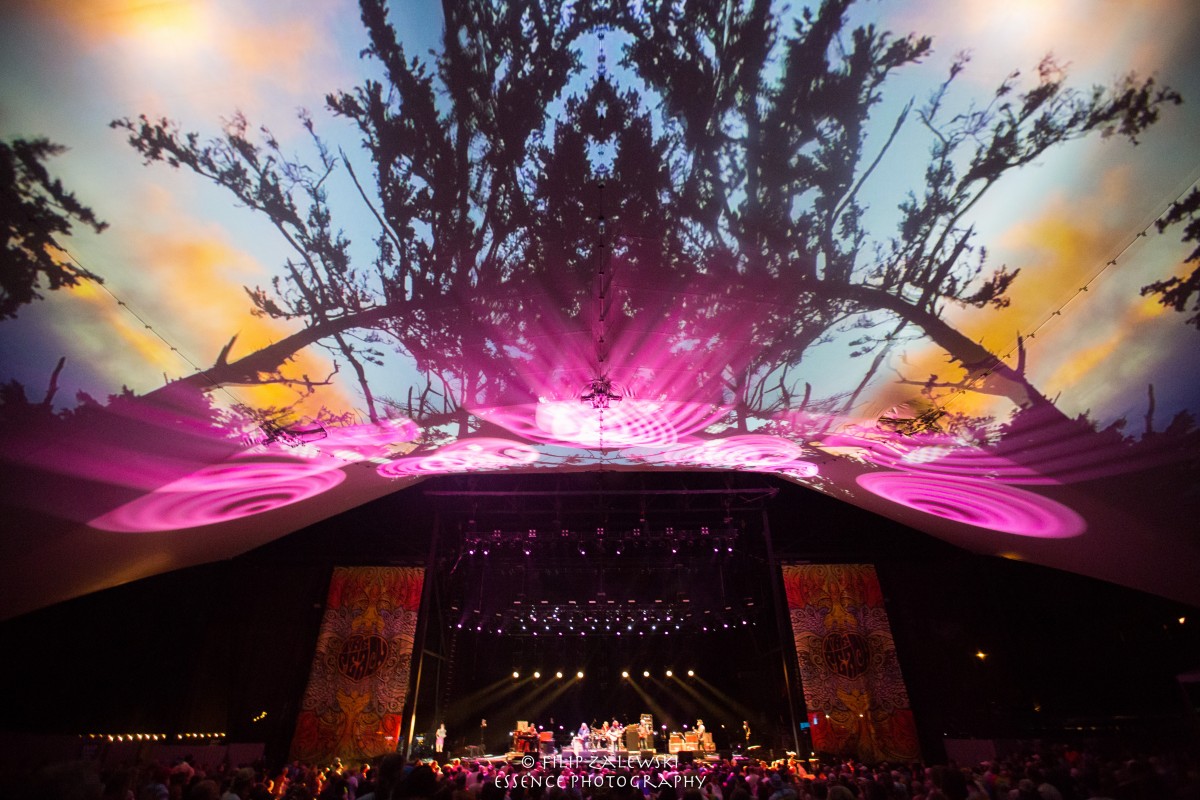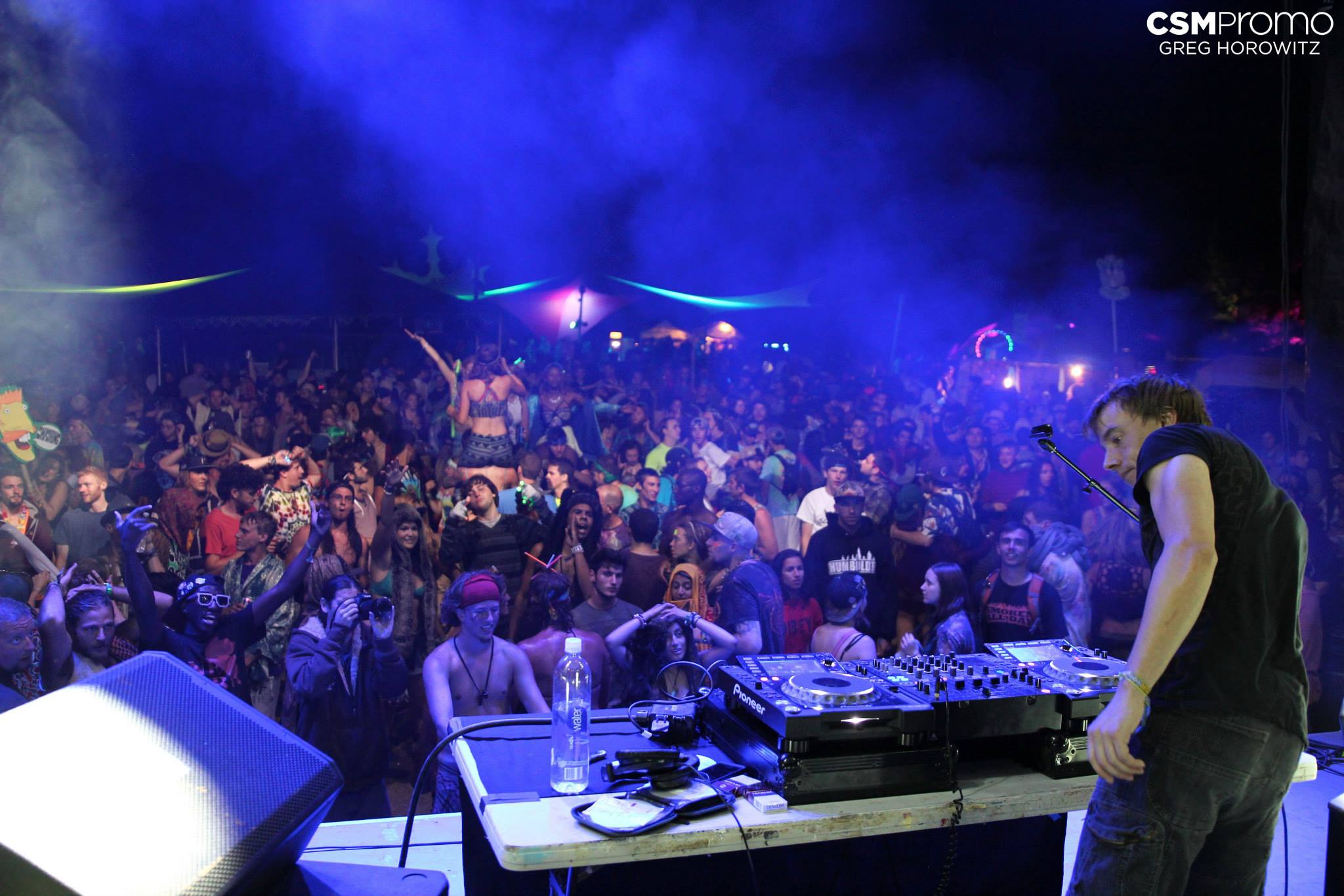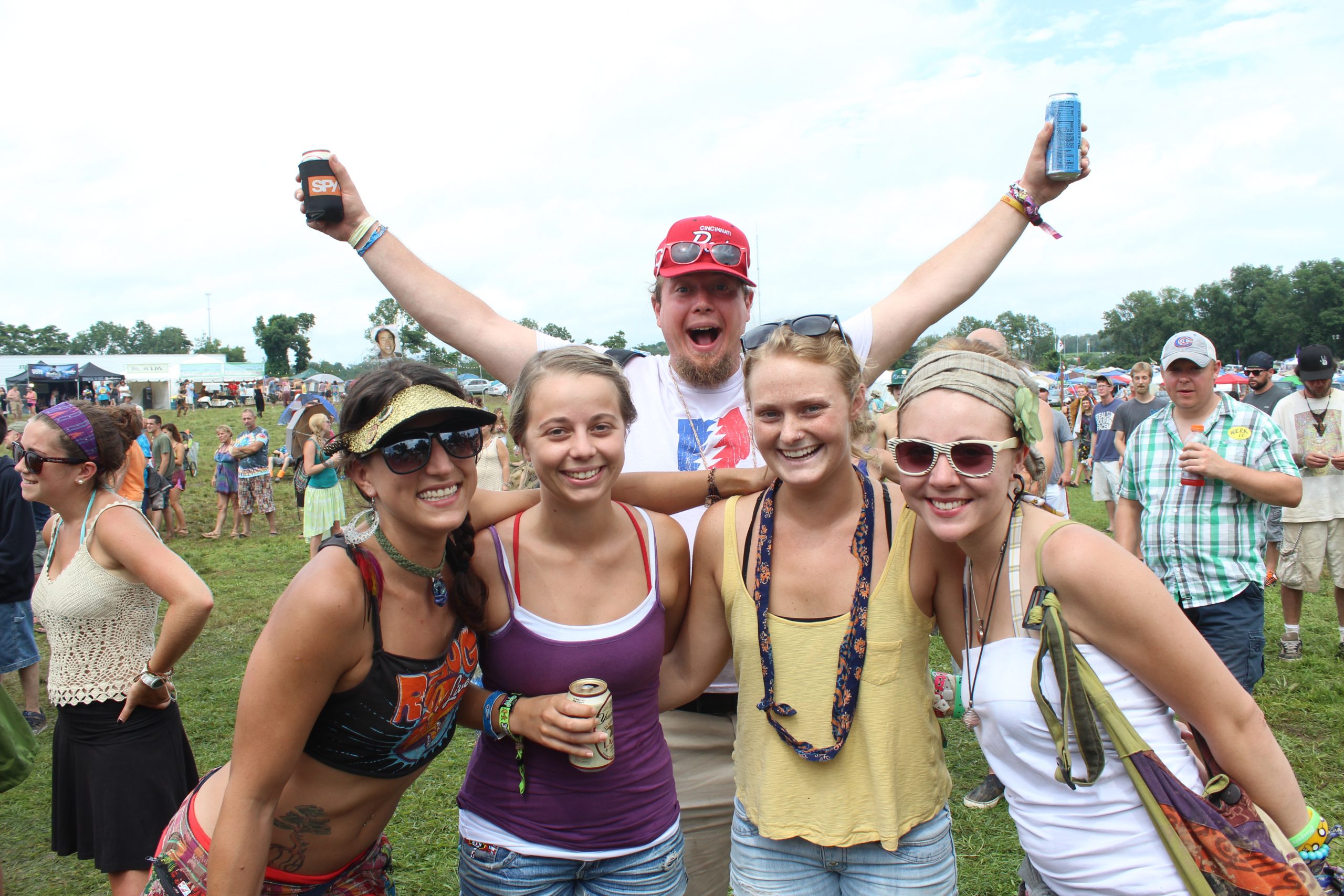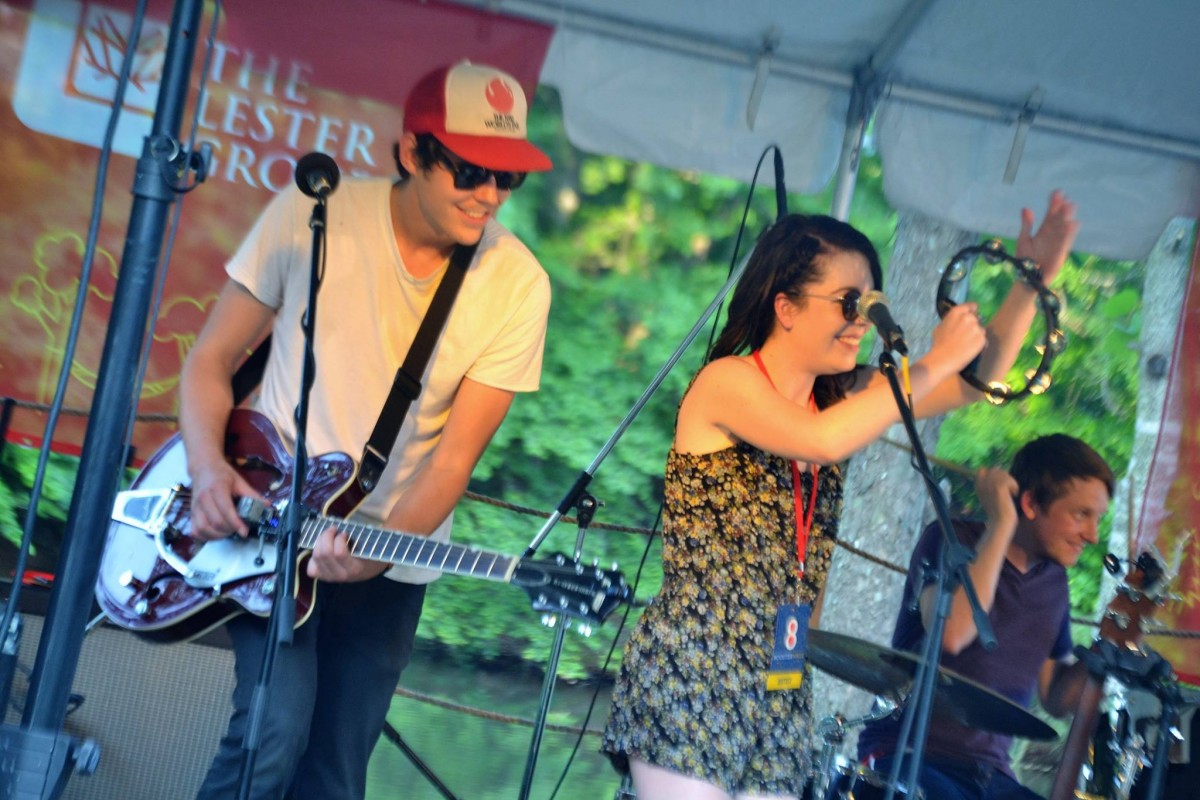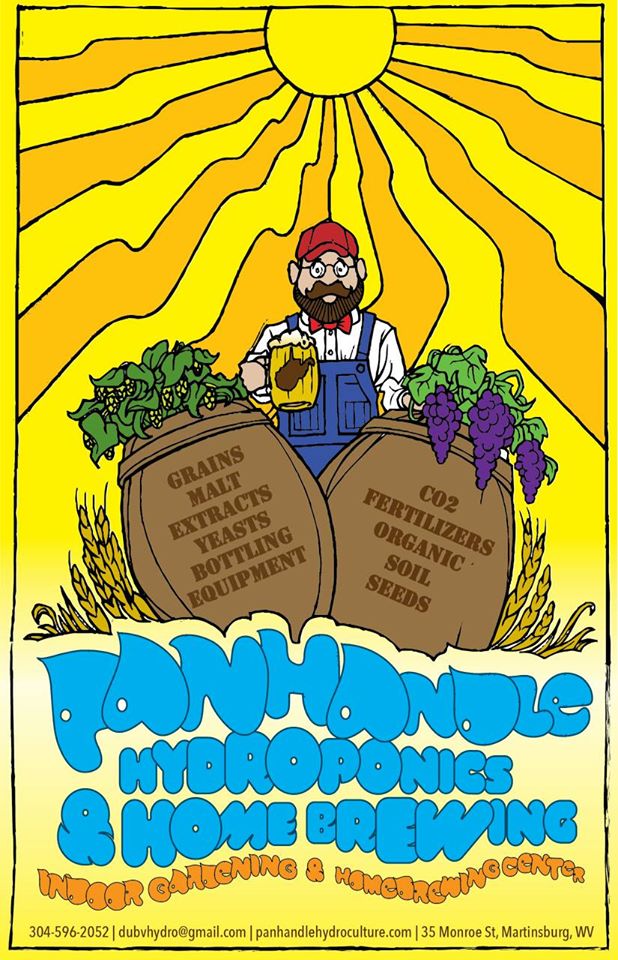Written by Erin Beck
Photos by Jeff Myers
When Michael Allenby, the organizer of The Festy in Virginia, told me the festival would be a “response” to what happened in Charlottesville, I didn’t quite get it. I had interviewed Allenby for a preview story about the festival for The Jamwich. We talked about his roots in Charlottesville, a small city where white supremacists gathered, and one woman was killed, nearly three months ago.

The Festy was held Oct. 5-8, at Infinity Downs Farm, in Arrington, Virginia — about 30 miles away from Charlottesville. While it began as an annual homecoming for the Infamous Stringdusters, it’s evolved into a regional gathering. Many of the attendees lived near festival grounds and were still processing what happened.
I, meanwhile, live about four hours away and have had the luxury of maintaining only a surface-level understanding of what happened there, and many other horrible things that have happened during the past year.
I understand the importance of observing and accepting thoughts and feelings after a tragedy. Those thoughts and feelings have to go somewhere. But I also know they when these events are happening at such high frequency, I am not emotionally equipped to sit with them and hold down a job and pay the bills at the same time.
So I don’t sit with them.

I arrived Thursday and started setting up my tent in a field with the other car campers. I’d only been at the festival a few minutes, and a man walking by offered to help me set up my tent.
Artists, and campers who paid more, were in a glamping area near vendors and one of the stages that felt almost luxurious in comparison. But the mornings were nice and peaceful in my area. I’d lay on a blanket and read to the sounds of a little girl playing nearby.
I carried around a notebook and wrote lyrics that struck me and other observations. I noticed, for instance, how I internalized other people’s energy, and wrote about an irritable camper nearby.
During the Stringdusters:
“Everyone is so genuinely happy”
“Goodbye is too good a word so I’ll just say fare thee well.” “The Stringdusters’ cover of “Don’t Think Twice” is f—g fantastic.”

Infamous Stringdusters
I always say my ruminating thoughts — the ones I get stuck on — are like a snake, wriggling around every spare space in my brain. The snake guards against other intruders. But you don’t accomplish much high-level thinking, or purposeful work, with that kind of frantic energy circling your brain.
It’s perpetual distraction.
Saturday morning, the yoga instructor reminds us that yoga is about getting out of your brain and moving the energy in your body. At the end, she told us to let out a scream.
I started noticing things.

Della Mae
How bewitching the Shook Twins were. How graceful Joan Osborne is. How inspiring Phoebe Hunt was.
How empowering the Sam Bush cover of “Won’t Back Down” felt. How all the Tom Petty covers felt like a celebration because we still had the music.

Beats Antique
How beautiful the venue – Infinity Downs Farms – was, especially the first night, when the moon peeked out from behind the clouds above the dancers of Beats Antique, to both watch and join the show at the same time. And how when walking the short distance between my campsite, and the stage area, sometimes I’d just stop, because the sky made such a striking backdrop for the crowds of people on the rolling hills. The Festy isn’t a big festival — it only has three stages, and two of them are fairly intimate — and it felt like you could see everyone there.
I started noticing how much I hunch my shoulders, and how much I cross my legs. How long the day is when I don’t stare at my phone. How much energy and moods naturally ebb and flow in a day, and how things tend to get worse and better.
I finally started to figure out what Michael Allenby meant, and I remembered why I go to festivals.
It started with Phoebe Hunt’s new song, about standing as one, connecting in the “place only souls can see.” Her travels inspired her to write for suffering people.

Drive By Truckers
Saturday night, the Drive-By Truckers play with a Black Lives Matter sign on the stage. During “What it Means,” he sings about why there are “not too many white kids bleeding in the street,” and it knocks you over. I do not fall but for a moment I collapse.
Those thoughts and feelings have to go somewhere.
I’ve always been a fan of “Hell No I Ain’t Happy,” by the Truckers. Anger about your unhappiness, I suppose, is a sign that you have hope that you deserve be happy. This time, “Hell No I Ain’t Happy” concludes the show. All of a sudden, it’s an outraged call to action for justice. We are fist-pumping and chanting. R-E-S-I-S-T.
We all deserve a chance to be happy.

Ani DiFranco
I get back to my tent, and I write “That was a RESPONSE.”
It’s quiet. I start to get up and make my way back down to the venue. Then I realize I’m fine right here.
Sunday, Joan Osborne, who released an album of Bob Dylan covers, is a force:
Let me ask you one question
Is your money that good?
Will it buy you forgiveness?
Do you think that it could?
….
On a pale afternoon
I’ll watch while you’re lowered
Down to your deathbed
And I’ll stand over your grave
‘Til I’m sure that you’re dead

She tells us she wishes “Masters of War” wasn’t so relevant right now, but that she sees no song more relevant. She also said that poets put language into what we’re feeling, and we can look to our favorite music to give us the spirit we need to do the work. “We have some tools,” she said.
She sang: “Don’t Think Twice, It’s Alright,” too. That one’s not on the album.
“Goodbye is too good a word so I’ll just say fare thee well.”
Before I leave, I notice I feel loose and energized. My head feels clear. I sat down and wrote a list of story ideas. A reminder to start listening to Dylan again. I said “namaste,” into the wind.
Don’t think twice, it’s alright.

